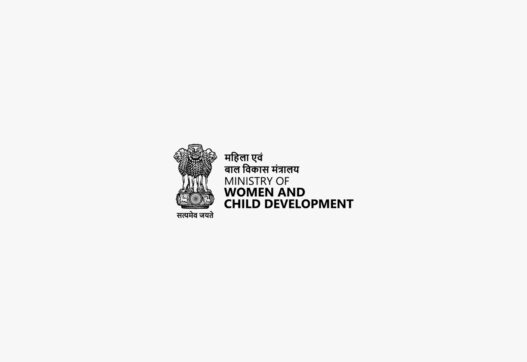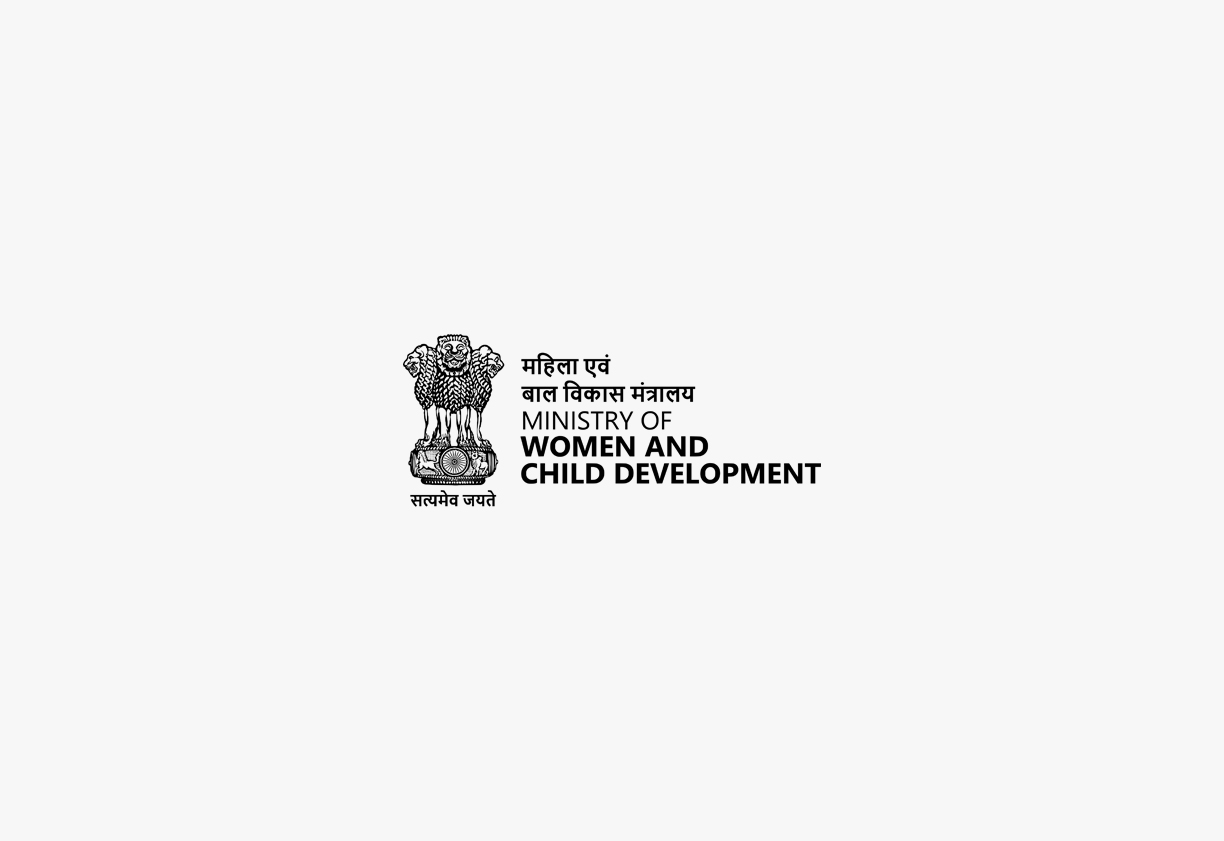Ministry of Women and Child Development
The National Commission for Women Act, 1990, was enacted to establish the National Commission for Women (NCW). Recognizing the need for a dedicated national body to address the concerns of women and promote gender equality, the Act empowers the NCW to review constitutional and legal safeguards for women, recommend remedial measures, investigate complaints of discrimination and atrocities, and advise the government on all policy matters affecting women. This Act falls under the Ministry of Women and Child Development.
Enactment Date, Number of Chapters, Number of Sections:
The Act was enacted on August 30, 1990, and came into force on January 31, 1992. It consists of five chapters and 17 sections.
Act Governed By:
The NCW is governed by its members, including a Chairperson, five other members, and a Member-Secretary, all appointed by the Central Government. The Central Government also provides grants to the Commission, consults with the Commission on policy matters, and receives its annual reports.
On Whom It Is Applicable:
The Act’s provisions primarily apply to the National Commission for Women, its members, officers, and staff. The NCW’s mandate extends to investigating matters relating to women’s rights and safeguards across India, impacting various individuals, organizations, and government bodies.
Penalties/Punishments:
The Act itself does not prescribe penalties. However, the NCW’s investigations and recommendations can lead to actions against individuals or organizations found to be violating women’s rights or engaging in discriminatory practices.
Important Pointers:
-
Establishes the National Commission for Women.
-
Defines the composition of the Commission, including the appointment of the Chairperson, Members, and Member-Secretary.
-
Outlines the functions of the Commission, including reviewing safeguards, investigating complaints, and advising the government.
-
Empowers the Commission to investigate violations of women’s rights and safeguards.
-
Requires the Commission to submit annual reports to the Central Government, which are then laid before Parliament.
-
Provides for the formation of committees by the Commission to address specific issues.
-
Mandates that the Central Government consult with the Commission on major policy matters affecting women.
-
Empowers the Central Government to make rules for the Act’s implementation.




